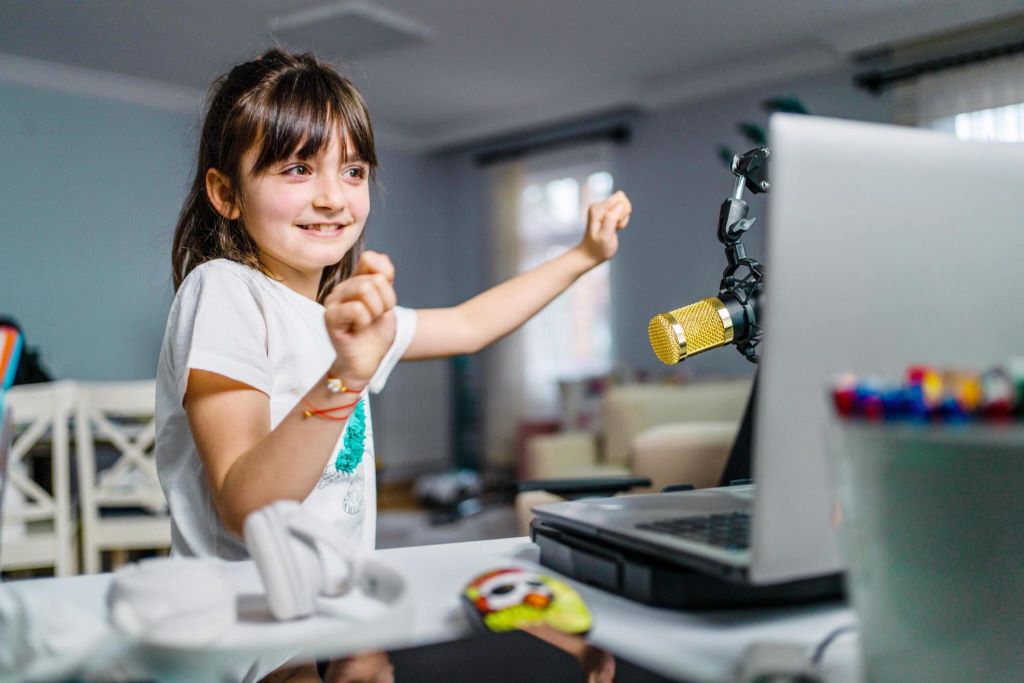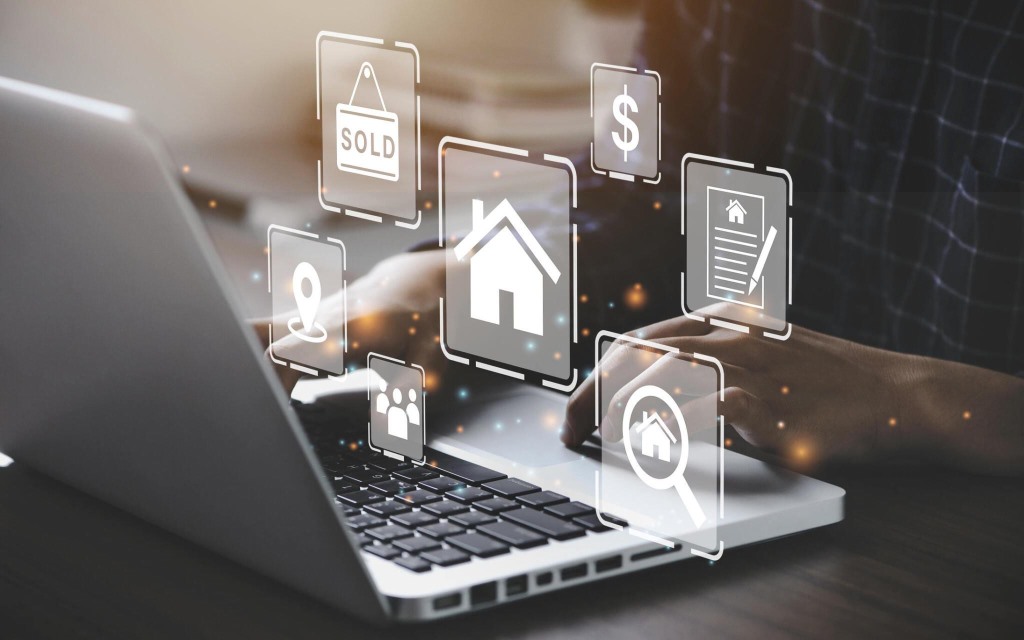In an era dominated by technological advancements, every industry is experiencing a transformative wave, and residential cleaning services are no exception.
Traditional methods are being replaced by smart solutions, leveraging cutting-edge technology to enhance efficiency, effectiveness, and customer satisfaction.
From automated scheduling systems to floor robotic cleaners, the landscape of residential cleaning is evolving rapidly, offering convenience and innovation like never before.
1. The Rise of Smart Home Devices
Let’s explore how these innovative solutions are revolutionizing the way we approach household cleanliness and convenience.
- Autonomous Cleaning: Smart vacuum cleaners navigate through homes autonomously, mapping out efficient cleaning routes and adjusting suction power based on floor type.
- Integration with Smart Home Systems: Devices seamlessly integrate with other smart home systems, allowing users to control cleaning schedules and preferences through voice commands or smartphone apps.
- Enhanced Connectivity: Smart home devices offer enhanced connectivity features, allowing users to monitor cleaning progress remotely, receive notifications, and access cleaning history data through mobile apps or web portals.
2. Automated Scheduling and Booking Platforms
With seamless digital interfaces, customers can schedule cleanings at their convenience, optimizing resource allocation for cleaning companies. Let’s explore how these platforms are shaping the future of residential cleaning service delivery.
- Convenient Scheduling: Customers can schedule cleanings at their convenience through user-friendly smartphone apps or websites, eliminating the need for tedious phone calls.
- Optimized Resource Allocation: Cleaning companies optimize resource allocation and streamline operations by automating scheduling and dispatching tasks based on real-time demand and availability.
- Dynamic Pricing Models: Automated platforms enable dynamic pricing models based on factors such as cleaning frequency, square footage, and additional services requested, ensuring fair and transparent pricing for customers.

3. IoT-enabled Cleaning Equipment
Delve into this section to uncover how IoT-enabled cleaning equipment is reshaping the landscape of residential cleaning.
- Remote Monitoring and Maintenance: IoT-enabled devices allow for remote monitoring of equipment performance and timely maintenance, minimizing downtime and ensuring optimal functionality.
- Data-driven Cleaning Strategies: Sensors collect data on cleaning patterns and environmental conditions, enabling more precise and efficient cleaning strategies tailored to specific needs.
- Predictive Maintenance: Advanced analytics predict equipment maintenance needs, reducing the risk of unexpected breakdowns and ensuring consistent cleaning performance.
4. Eco-Friendly Cleaning Solutions
Delve into this section to uncover the diverse range of eco-friendly cleaning solutions available today.
- Biodegradable Formulas: Advanced cleaning formulas use biodegradable ingredients and packaging, minimizing environmental impact and promoting sustainability.
- Smart Dispensing Systems: Smart dispensing systems ensure precise dosage and minimize wastage of cleaning solutions, reducing chemical usage and environmental footprint.
- Energy-efficient Equipment: Eco-friendly cleaning equipment utilizes energy-efficient technologies, such as low-power motors and optimized cleaning algorithms, reducing energy consumption and operating costs.

5. Data-driven Cleaning Analytics
Delve into this section to explore how data-driven cleaning analytics are transforming the residential cleaning landscape. Discover how companies harness data to tailor services, improve resource allocation, and continuously enhance cleaning quality, ultimately driving greater customer satisfaction and operational efficiency.
- Insights into Cleaning Performance: Cleaning companies leverage data analytics to gain insights into cleaning performance, customer preferences, and operational metrics, allowing for continuous improvement and optimization.
- Personalized Services: Analysis of cleaning patterns and customer behavior enables companies to tailor services to meet specific needs, enhancing customer satisfaction and loyalty.
- Benchmarking and Quality Assurance: Data analytics enable benchmarking of cleaning performance against industry standards and competitors, facilitating quality assurance and service differentiation.
6. AI-powered Cleaning Assistants
Explore in this section the groundbreaking capabilities of AI-powered cleaning assistants. Delve into their role in delivering personalized recommendations, predictive maintenance, and continuous improvement.
- Personalized Assistance: AI-powered assistants provide personalized recommendations for cleaning schedules, offer troubleshooting assistance, and deliver cleaning tips based on user preferences.
- Predictive Maintenance: AI algorithms analyze cleaning data to predict equipment failures, optimize cleaning processes, and enhance overall efficiency and reliability.
- Continuous Learning and Improvement: AI-powered assistants continuously learn from user interactions and feedback, improving their ability to anticipate user needs and provide proactive assistance over time.
7. Enhanced Safety and Security Measures
Delve into the role of smart surveillance systems, access control solutions, and wearable devices equipped with emergency alert features. Discover how these technologies are enhancing safety standards and mitigating risks in the industry.
- Remote Monitoring: Smart surveillance systems and access control solutions allow for remote monitoring of cleaning activities, enhancing security and peace of mind for homeowners and cleaning companies.
- Emergency Alert Features: Wearable devices equipped with emergency alert features ensure the safety of cleaning personnel, allowing them to summon help in case of accidents or emergencies.
- Compliance with Regulations: Advanced safety and security features ensure compliance with industry regulations and standards, reducing liability risks and ensuring a safe working environment for cleaning personnel.

Conclusion
In conclusion, technology is revolutionizing residential cleaning services by introducing smart solutions that enhance efficiency, effectiveness, and sustainability.
From IoT-enabled cleaning equipment to AI-powered assistants, every aspect of the cleaning process is being transformed to meet the evolving needs of customers and cleaning companies alike.
As technology continues to advance, the future of residential cleaning holds immense promise, offering unprecedented convenience, innovation, and peace of mind.



